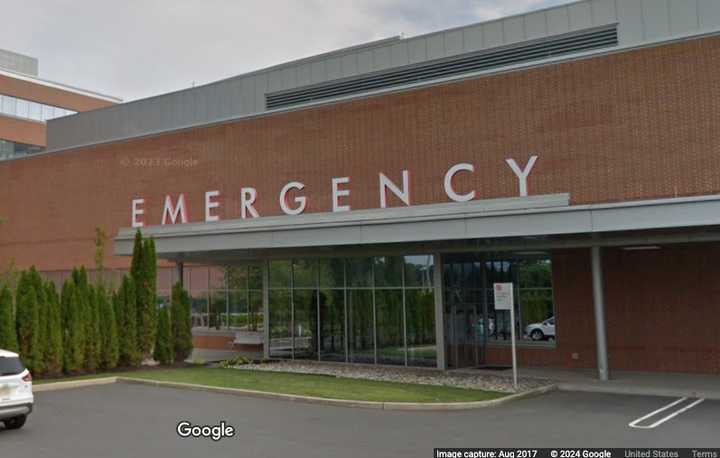The department said anyone who visited the emergency room at Penn Medicine Princeton Medical Center in Plainsboro between noon and 3:30 p.m. on Saturday, June 1 may have been exposed to the virus.
The confirmed case was Somerset County resident who developed measles following travel from a country that is currently experiencing an ongoing outbreak of measles.
Measles symptoms include a high fever, cough, runny nose, watery red eyes, and a rash that usually appears between three and five days after symptoms begin.
The rash usually begins as flat red spots that appear on the face at the hairline and spread downward to the neck, torso, arms, legs, and feet. Measles can also cause serious complications, such as pneumonia and encephalitis (swelling of the brain), and can lead to miscarriage in pregnant people, premature birth, or a low-birth-weight baby.
NJDOH urges anyone who visited the hospital at those times to contact a health care provider immediately to discuss potential exposure and risk of developing the illness.
Potentially exposed individuals, if infected, could develop symptoms as late as June 26, 2024. Contact tracing is underway. As of June 5, no additional associated cases have been identified.
The virus is easily spread through the air when someone coughs or sneezes and can remain in the air for up to two hours after an infected person leaves the area. People can also get sick when they come in contact with mucus or saliva from an infected person.
NJDOH is working in collaboration with local health officials and Penn Medicine to notify those who might have been exposed and to identify additional exposures that may have occurred. Those who may have been exposed or who suspect illness should call their health care provider first before arriving at any facility so that necessary infection prevention precautions can be taken to protect other patients and staff.
Individuals at risk include those who have not been fully vaccinated or have not had measles in the past.
NJDOH encourages all residents to stay up-to-date on routine vaccinations and especially recommends that New Jersey residents planning to travel, regardless of destination, are up to date on MMR shots.
Click here to follow Daily Voice Warren Hunterdon and receive free news updates.
